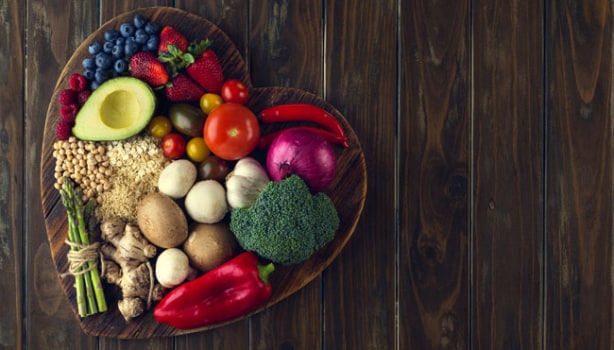
Health is a very broad and controversial topic. Health refers to a state of complete emotional and physical well-being. Ever since Google has become our best friend, we prefer just googling our symptoms and treatments without consulting a doctor. Those symptoms and treatments may or may not be right for you but who cares? If google says it, it’s probably true. This brings me to my topic- Health Misconceptions. There are many myths related to health which people may or may not know. These might include some health tips your parents give you as a kid or that you may have heard from others. Let’s find out whether these are facts or fiction.
- Drink 8 glasses of water a day.
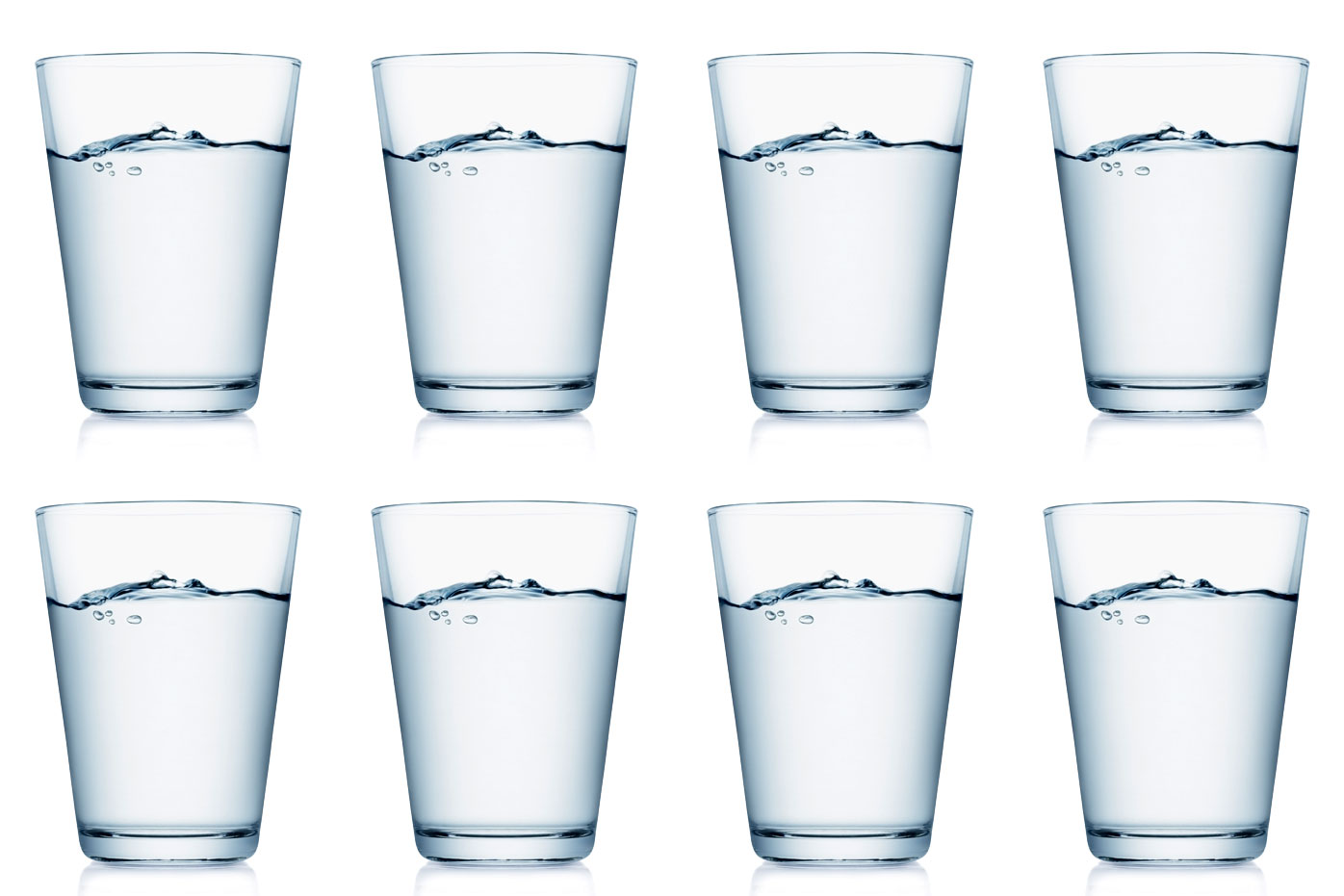
Sounds like something you’ve heard a hundred times? Does your body run best on 8 glasses of water a day? Not necessarily. Everyone has different fluid needs. Both temperature and humidity plays a part. So does your size, gender, and level of activity. Some say 8 glasses of water helps with weight loss. And no, this does not work. Others claim that drinking extra water beyond what you’re thirsty for helps hydrate or smooth skin, reduces headaches or helps flush more toxins from kidneys. Researchers concluded that there is no clear evidence of benefit from drinking increased amounts of water.
- Does sugar make kids hyper?

You and your kids are enjoying a party full of candy and other sweets. As the night moves on, they won’t settle down and just don’t listen when you say it’s time to leave. Sound familiar? But sugar doesn’t seem to do anything to promote hyperactive behavior in kids. Let your kid grab that last cookie, it won’t hurt.
- Are Natural Foods the best?

Our generation has gone on plenty of different diets to try and figure out which diet consists of the healthiest foods. People prefer natural foods, therefore trying to look for that label in everything they buy. Foods such as ice cream, potato chips, and cold drinks can be found labeled “organic” or “natural”. Does this make them healthier? Not necessarily. Salt is natural, and so are many toxins. Describing a food as “natural” doesn’t tell you enough to make a healthy choice. To know if a food is healthy, you have to check the label. Even foods with organic or natural ingredients can be full of saturated fat, sugar, and other things.
- Are all bacteria harmful?

When you hear the word “bacteria,” does it make your skin crawl? Those tiny single-celled organisms are responsible for some terrible diseases. Sounds like it’s something we’d run away from right? Unfortunately, there’s no point in running because there are more bacterial cells in your body than human cells. While there are some terrible bacterial infections to watch out for, most bacteria we contact are either neutral or beneficial to human life. Sometimes we can even harm our bodies by killing off the bacteria that live inside, many of which help by digesting our food and performing various other functions.
- All types of fat are bad.
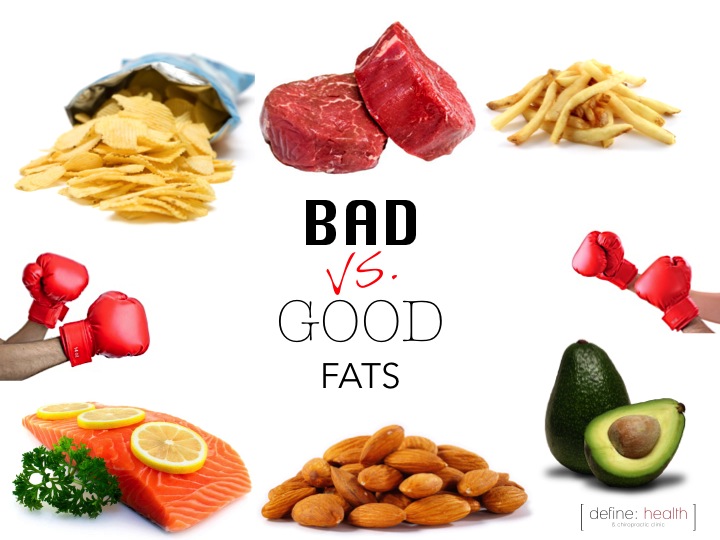
Go to the supermarket and count how many products you see that are labeled “low fat” or “nonfat.” Chances are, you’ll lose count. But while we live in a world that looks down on any food items that contain even a trace of fat, the truth is that your body needs fat. Fats stores in the body are used for energy, cushioning, warmth, and some dietary fat is even necessary for your body to absorb certain fat soluble vitamins. Monounsaturated fats, which you can find in nuts and vegetable oils, can help improve your blood cholesterol and reduce your risk of heart disease. Polyunsaturated fats, like omega-3 fatty acids, also support heart health. This doesn’t mean that you should have a diet full of fat, just avoid trans fats and limit saturated fats, not all fats.
- The 5 second rule.

I’m sure we’ve all dropped something we were dying to eat and ate it anyway because of the 5 second rule. Sadly, this is just a myth. It doesn’t take 5 seconds for bacteria to jump onto dropped food, it is instantaneous. So, next time you drop food, don’t be tempted to pick it up and eat.
- Chocolate causes acne.

I’m sure we’ve all heard this and decided to reduce the amount of chocolate we eat. But there is little proof to suggest that the occasional chocolate bar is going to have an impact on your skin. Most doctors agree it just comes down to the individual. If you’re prone to acne, you may want to limit your consumption of chocolate and see if it makes a difference, and reach for dark chocolate instead.
- 10,000 steps a day is the key to being healthy.
There is no evidence to suggest that 10,000 is any kind of turning point for fitness. If anything, the catchphrase has done quite a lot of harm, since people began to feel that if there was no chance of them hitting 10,000, they needn’t bother to walk about for exercise at all. For certain people 10,000 steps a day is very little and for others it may be too much.
- Carbs make you fat.
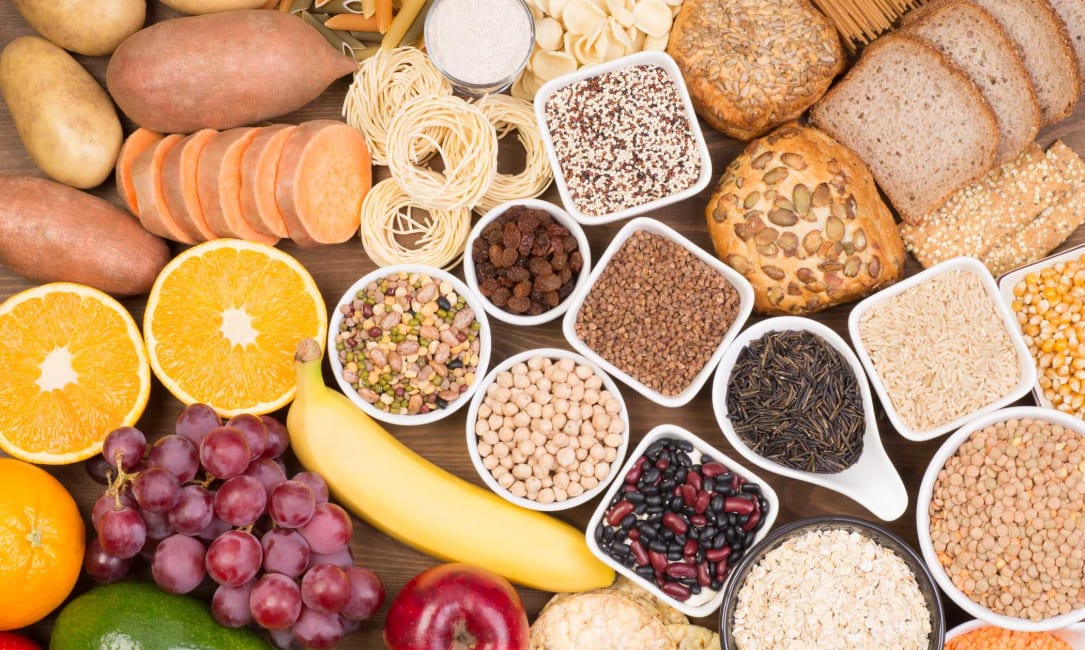
Carbs have been shunned by many people over fears that consuming this will cause obesity, diabetes and other adverse health effects. In reality, eating a moderate amount of nutritious carbs that are high in fiber, vitamins, and minerals like starchy root vegetables, ancient grains, and legumes will likely benefit your health and not harm it.
- An apple a day keeps the doctor away.

I’m sure you’ve grown up hearing this. Apples do not keep the doctor away but they are an excellent source of various antioxidants, including quercetin, catechin and chlorogenic acid. Antioxidants are known to prevent the damage caused to the cells and tissues of the body. These antioxidants are also known to fight against diseases such as cancer and cardiovascular disease.
Wrapping Up
The health world is rife with misinformation, leading to public confusion, mistrust of health professionals, and poor dietary choices. This, coupled with the fact that nutrition science is constantly changing, makes it no wonder that most people have a warped view of what constitutes a healthy diet. Although these nutrition myths are likely here to stay, educating yourself by separating fact from fiction when it comes to nutrition can help you feel more empowered to develop a nutritious and sustainable dietary pattern that works for your individual needs.
Read more on the obsession with health that has become a trend now.
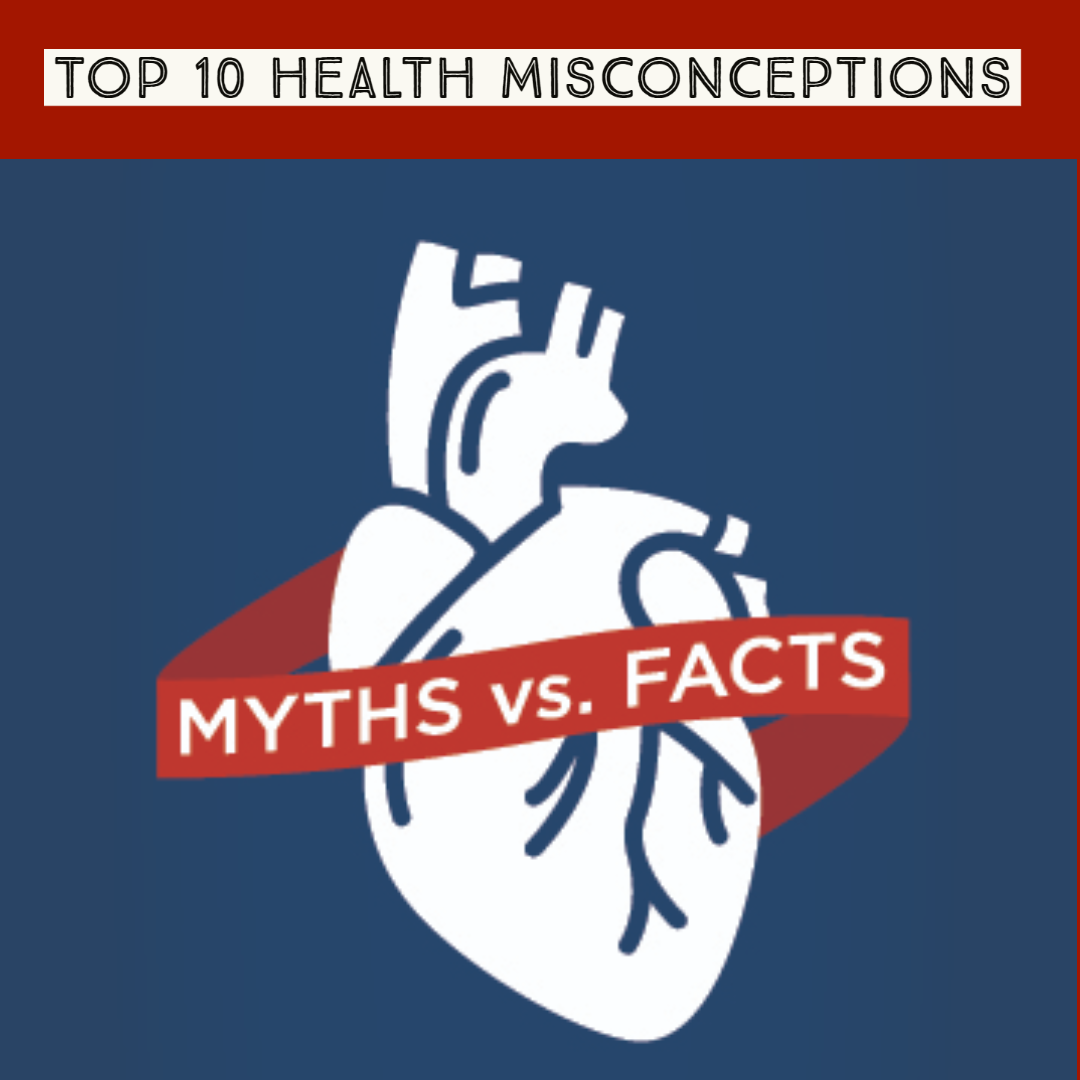


Pingback: Games Invented In India- Top 10 | Top 10 | Entertainment | BTP
Pingback: Top 10 Movies From Different States In India | Entertainment | BTP |